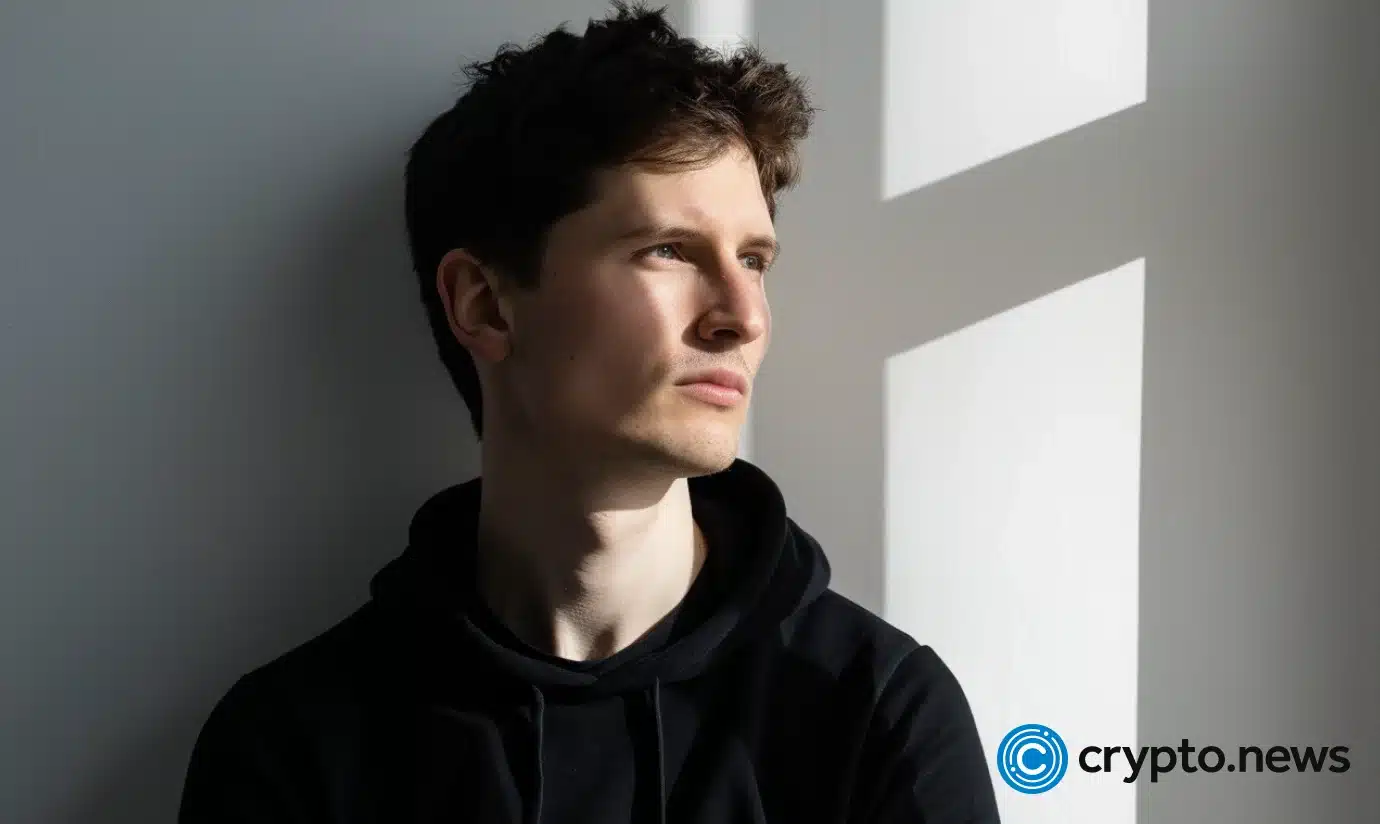Court Gags Telegram Founder Ahead of Oslo Freedom Forum Speech

Silicon Valley’s favorite crypto-anarchist just got a judicial muzzle. Pavel Durov—Telegram’s reclusive founder—has been barred from public commentary by a court order days before his scheduled Oslo Freedom Forum appearance. No word yet on whether the ruling extends to his beloved disappearing messages.
Free speech advocates are screaming censorship, while regulators nod approvingly. Meanwhile, Telegram’s token investors are left wondering: when your encryption evangelist gets gagged, does that make TON a security—or just securities theater?
Bonus jab: At least this time Wall Street can’t blame the Fed for silencing competition.
Pavel Durov faces ongoing legal constraints
Thor Halvorssen, founder and CEO of the Human Rights Foundation, criticized the judicial decision. “Technologies like Telegram are basic tools for those resisting tyranny. This is more than a disappointment for our community; it is a setback for freedom,” Halvorssen stated.
Pavel Durov, who created Telegram, has been subject to French legal proceedings since August 2024. Authorities arrested him over allegations related to criminal activities conducted through his platform. However, prosecutors have not charged him with direct wrongdoing.
The case centers on questions of platform liability for user-generated content and activities. French officials argue that Durov bears legal responsibility for how others use Telegram’s services. He remains free on bail while the matter proceeds through the judicial system.
The court’s refusal to permit travel reverses previous decisions. French authorities had previously authorized Durov to leave the country for international engagements.
This unexpected restriction has affected discussions between Durov and human rights defenders from various authoritarian states about improving Telegram’s capabilities for resistance movements.
Durov has maintained residence outside Russia since 2014, when he declined to provide the Federal Security Service with user information regarding Ukrainian protesters. His exit from Russia established him as a prominent voice against digital surveillance and governmental interference in private communications.

